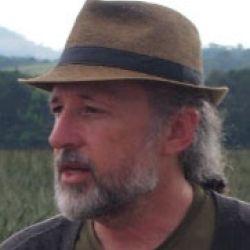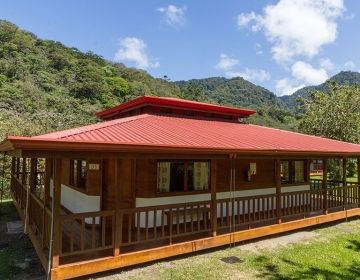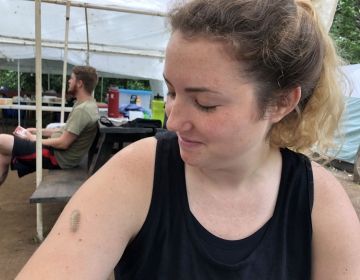Spring 2018 Tropical Ecology & Conservation Program has Started
The Tropical Ecology & Conservation Spring 2018 cohort has arrive to Costa Rica. Eighteen enthusiastic students arrive to San Jose, the capital of Costa Rica, eager to learn about biology, ecology, and conservation and also admire all the beauties that this amazing country offers.
Before heading to our field trip the students have 2 days to explore the city; during these days they get in contact with the locals, learn about urbanization and Costa Rican culture, and have the first contact with biology with a review about flowers and fruits.
The first morning in San Jose, the students get an assignment in which they get a picture of a tropical fruit and with this, they go to the Central Market and learn about the name, seasonality, and uses of fruits that are really common in Costa Rica and they will be in constant contact during the whole time they will be in the country.
After exploring the Central Market of San Jose and getting in contact with some of the locals, the students start learning about flowers and fruits, they had a lecture about flower morphology and the variations found within tropical flowers, to a better learning and understanding of the topic they got to dissect some flowers to get first hand and view in all these different parts.
And of course the students got to share all the information they learned about the fruits at the market, and there is no better way to learn about tropical fruits than getting to try most of these delicious fruits found on this region.
After an exciting day learning about culture and biology no better way to finish than having our first dinner as a group at a Typical Costa Rican food restaurant in which the students go to try most of the unique dishes with fresh ingredients produced in Costa Rica.
After exploring San Jose for a couple of days the students are ready to go and explore the different ecosystems of Costa Rica and the many natural wonders they have to offer. First stop of the field trip: the Mangroves of Sierpe and the forest of Corcovado National Park.
Related Posts
CIEE Monteverde Campus Used in Insect and Light Research Study
Have you ever wondered why insects are drawn to artificial light? From campfires to porch lightbulbs, moths and other insects appear to congregate around these sources of light as soon... keep reading
Our program through the eyes of a Student
Our Summer student Maddie Beale from the State University of New York at Fedonia wrote a blog about how she found us, the process of choosing our program and the... keep reading
Independent Research Projects: Part I
The Tropical Ecology & Conservation students are working on their independent projects right now, many different ecology topics are being cover that involve both field and lab work. From Leaf-cutting... keep reading











